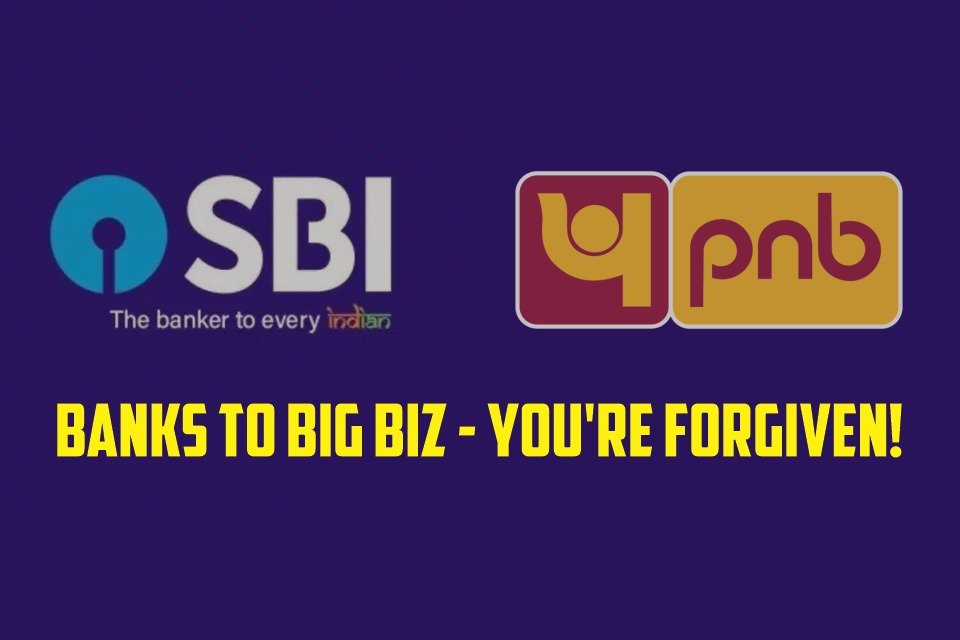In the past decade, Indian banks have written off a staggering ₹12.3 lakh crore in loans, with public sector banks accounting for ₹6.5 lakh crore in the last five years alone.
These write-offs, often benefitting large corporations, stand in stark contrast to the financial struggles of India’s middle class, who receive little to no relief in times of economic hardship.
The Double Standard in Financial Accountability
While banks justify these write-offs as necessary measures to clean up their balance sheets, the middle class is left questioning the fairness of a system that appears to favour the affluent.
When a middle class individual defaults on a loan, perhaps due to unforeseen medical expenses or job loss, the repercussions are swift and severe—harassment from recovery agents, legal notices, and a tarnished credit score.
In contrast, large corporations, even after defaulting on massive loans, often manage to secure new lines of credit and continue operations with minimal disruption.
The Illusion of Recovery
Banks argue that write-offs are mere accounting practices and that efforts to recover these dues continue.
However, data suggests otherwise.
In the past five years, banks have written off nearly ₹10.6 lakh crore, with a significant portion linked to large industrial houses.
Despite these write-offs, recovery rates remain dismally low, raising questions about the efficacy of these measures and the accountability of the defaulters.
The Middle Class – Bearing the Brunt
The middle class, often referred to as the backbone of the Indian economy, finds itself bearing the brunt of this financial disparity.
With no access to bailouts or write-offs, they are compelled to honour their financial commitments, even at the cost of personal well-being.
This systemic bias not only erodes their trust in financial institutions but also perpetuates a cycle of economic inequality.
A Call for Equitable Financial Practices
It’s imperative for policymakers and financial institutions to recognise and address this glaring disparity.
Implementing transparent and equitable financial practices is not just a matter of economic efficiency but also of social justice.
The middle class deserves a system that offers them the same considerations and reliefs extended to large corporations.
The current approach to loan write-offs underscores a troubling narrative – a system that privatises profits while socialising losses.
For India to progress as a truly inclusive economy, it must bridge this financial divide and ensure that the middle class is not left to shoulder the burdens of the affluent.




